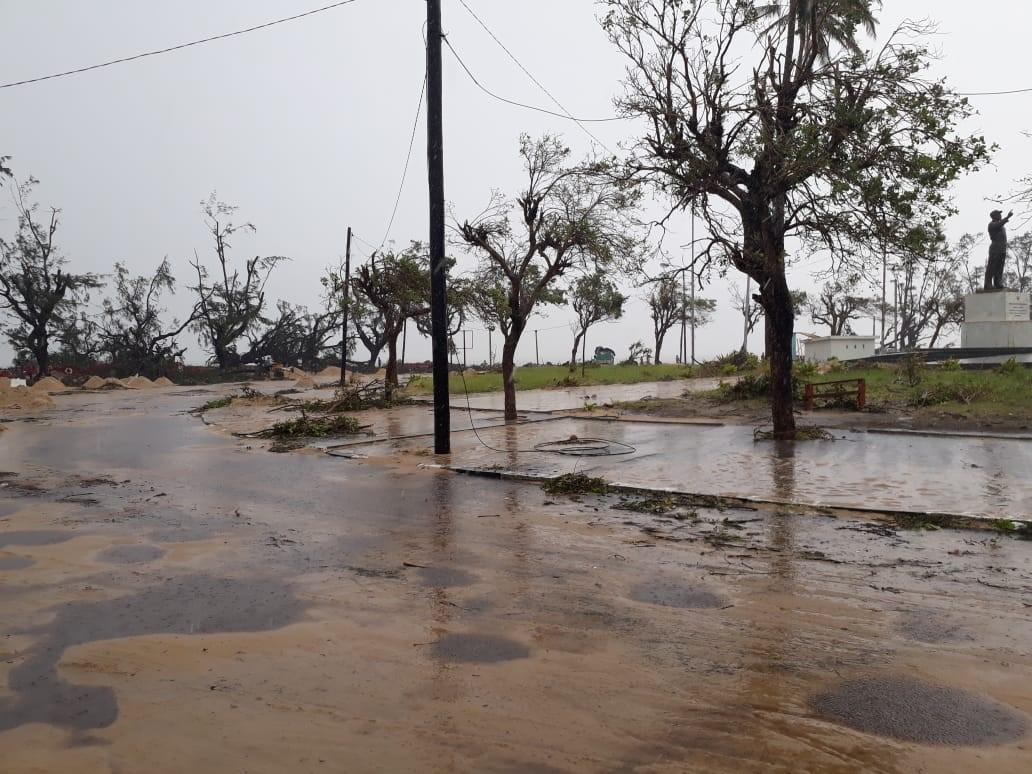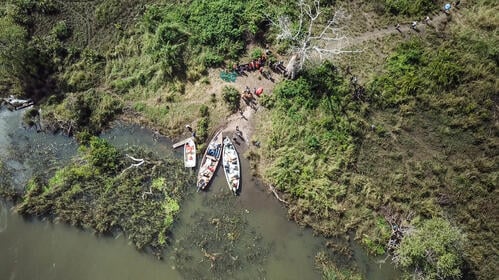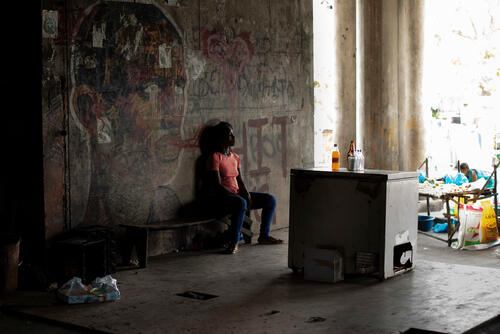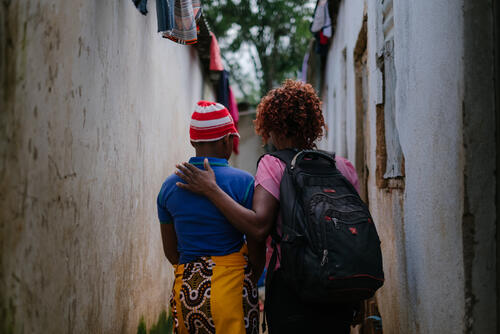For the latest information on our activities in response to Cyclone Idai and the floods in Mozambique, Malawi and Zimbabwe, learn more here.
In the wake of damage and devastating flooding caused when Cyclone Idai hit Malawi, Mozambique, and Zimbabwe late last week, our teams are responding in the affected areas. We are working to provide medical assistance and supplies, plus water and sanitation support, to people in badly-hit provinces and districts. Officials have said they expect the death toll to be in the thousands.
Our teams are working in the following areas:
Mozambique
Tropical cyclone Idai hit the coastal town of Beira on 14 March and has wreaked extreme devastation along the central coastline of Sofala, Zambézia and Inhambane provinces. Ninety percent of the area around Beira has been destroyed:
- main roads leading into Beira have been cut off
- buildings have been submerged and severely damaged
- there is no electricity in Beira or surrounding areas
- nearly all communication lines have been destroyed, which is making assessment of the human toll and scale of disaster extremely difficult
- Beira hospital has sustained severe damage to its operating theatre and several of the wards, and all 17 health centres have lost their roofs with additional damage.
Between Beira, Dondo and Chimoio cities 84 people are reported to have died, with at least 1,500 injured; however reports say the number of dead could be 1,000.
Following an early assessment, an MSF emergency team is arriving in Beira to conduct a wider assessment on the extent of the damage and needs. Our main concern is to ensure continuity of care and referrals at the health centres, while we anticipate that water and hygiene needs will remain high in the coming days.
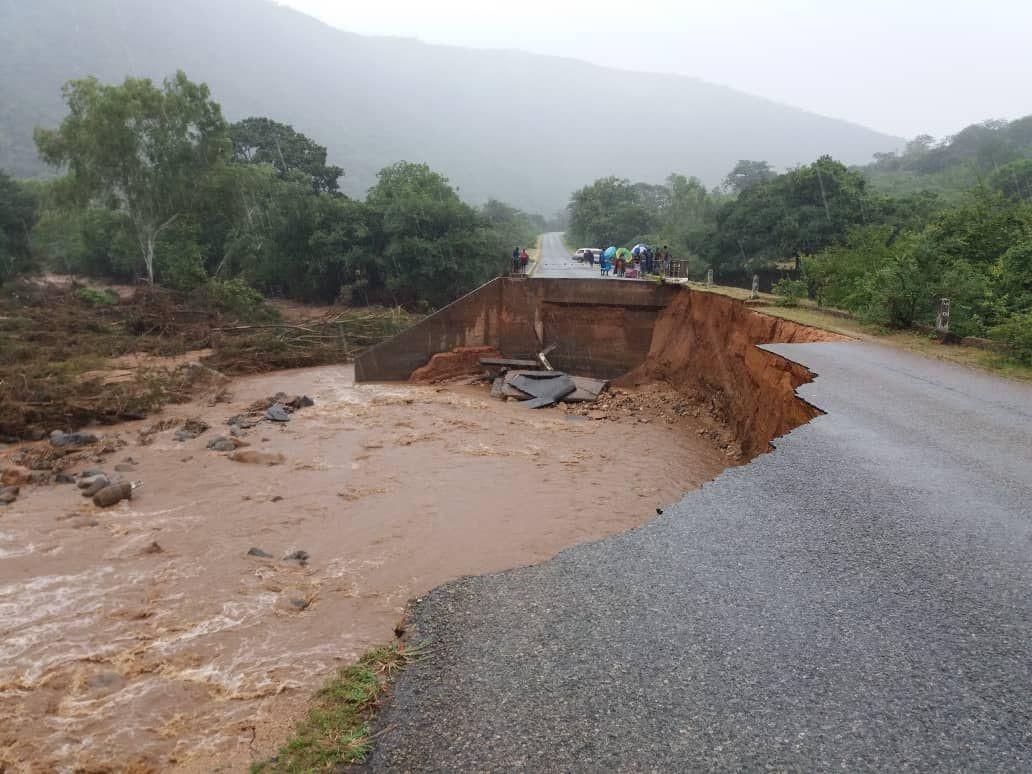
Zimbabwe
Cyclone Idai hit Chimanimani, a small district of approximately 30,000 people in Manicaland province, late Friday 15 March, after passing through Mozambique.
- Several roads leading into Chimanimani have been cut off
- The only access into the area is by helicopter
- Airlifts were intended to take place to a nearby stabilisation centre but efforts are being hampered by difficult conditions.
Our team has been unable to access Chimanimani with supplies and medical materials due to destroyed bridges. We are now providing services at a stabilisation centre 20 kilometres from Chimanimani. Outside Chimanimani, we are focusing on supporting stabilisation centres with medical supplies and water and sanitation needs.
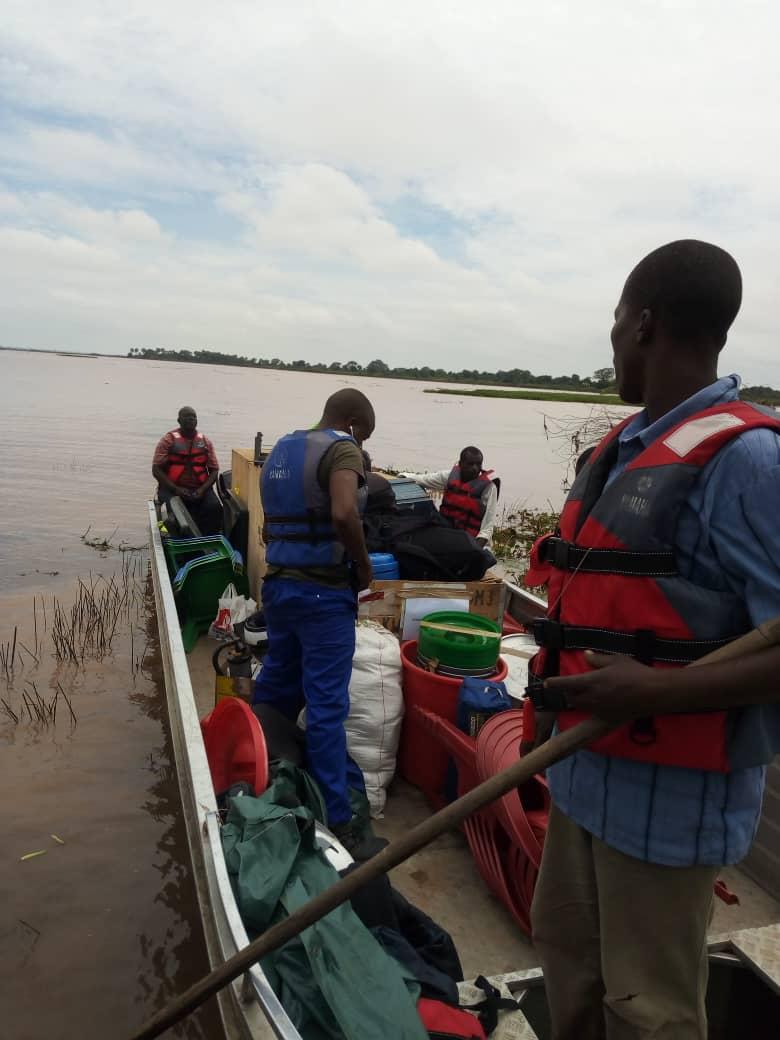
Malawi
Extremely heavy rains in lower Shire River districts of Chikwawa and Nsanje, in Malawi’s far south, has been compounded by further rains from last week’s Cyclone Idai. The rain has caused severe flooding in 14 of Nsanje’s 28 districts. Official figures confirm 56 deaths, 577 injured and 3 people missing.
- Rivers have broken their banks leaving many houses fully submerged
- Around 11,000 households in Nsanje have been displaced.
Our teams have launched an emergency intervention in Makhanga, in the worst-affected East Bank of Nsanje area, which is only accessible by boat or helicopter.
We are supporting Makhanga health centre with supplies, cleaning, and human resources. We are also offering strengthened surveillance and referral systems, along with outreach clinics and health promotion activities in the evacuation centres. Water and sanitation activities and distributions of non-food item kits are being planned to affected households.



